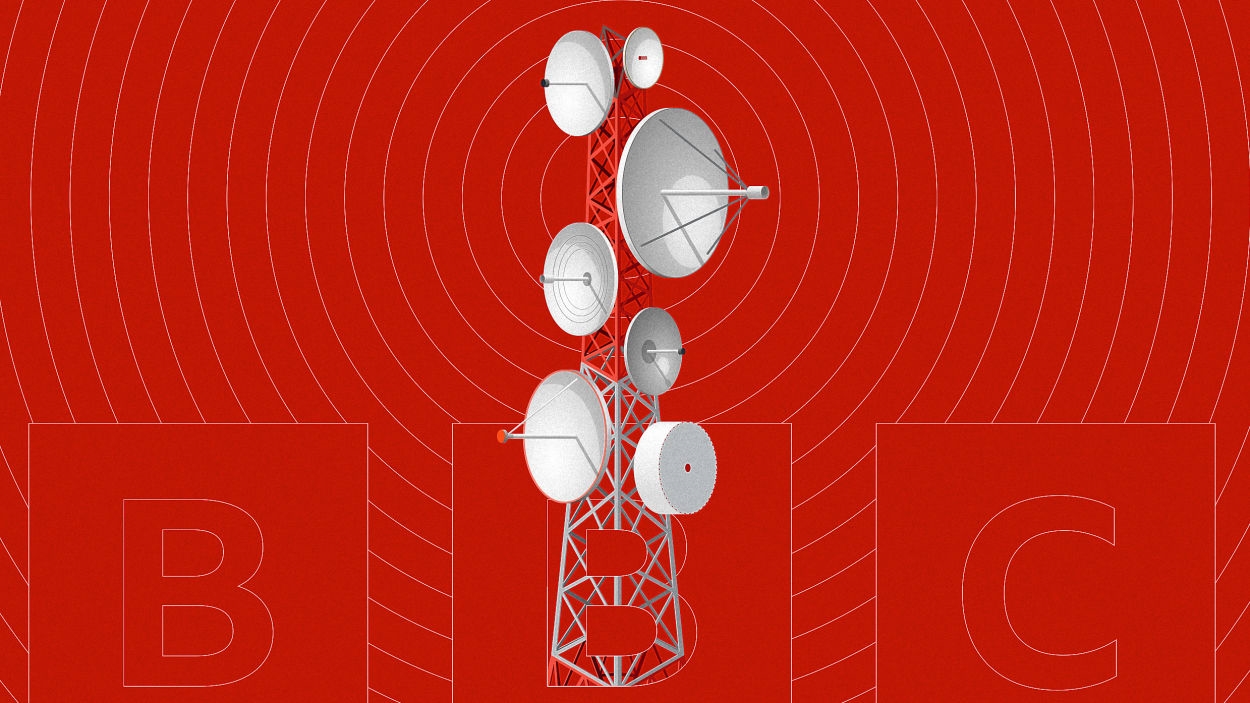The Queen’s secret death alarm has been mistakenly going off for years
If protocols were all in order, a mysterious alarm went off Thursday in the newsrooms of the British Broadcasting Corporation (BBC). It should have been almost the first time the alarm had ever been officially used since being created decades ago. It wasn’t. Some reporters had heard it before in tests, and others had been repeatedly tricked when it was triggered by accident. Even still, the alarm sound on Thursday would have been unmistakable to any BBC newsperson: Queen Elizabeth II had died.
The alarm came from the radio alert transmission system, or RATS, that was created specifically to inform BBC newsrooms around the country and the world of the death of highly significant members of Britain’s royal family. Originally developed in the Cold War era, and fortified to remain functional even in the case of an attack on the national infrastructure, the RATS alarm is a system designed to be used almost never.
The secretive internal system at the BBC became known more widely in 2017 when the Guardian published a detailed article outlining the various protocols that have been put in place to prepare for the passing of the monarch. Many of those protocols surround the official succession of royal power, but a surprising number of formalities have been codified for how the BBC would make the announcement.
In a 2001 article for the Guardian, former BBC Scotland editor Tim Luckhurst wrote that the BBC’s official guidelines for reporting on the death of the Queen included a stipulation—in all capital letters and underlined twice—that the official announcement would be made only once the Palace had officially confirmed it and the RATS alarm had sounded, regardless of reporting by other outlets. Luckhurst noted that he had once checked into his office around midnight to ensure that the RATS system was up and running, and was surprised to find that it wasn’t. The next morning, he wrote, “official panic” ensued. Tests of the system were the only times the alarm has been heard, and usually only by higher-ups at the broadcaster.
“It just beeps like an alarm clock”
Some, though, became frustratingly familiar with the sound of the alarm. One BBC reporter tells Fast Company that this “use in case of emergency only” alarm was actually a regular and annoying occurrence at one newsroom. “It used to go off falsely all the time, so nobody used to take any notice,” the reporter, who requested anonymity to speak about his employer, said. “It just beeps like an alarm clock.”
Many radio stations have their own RATS in the form of a blue light installed in their studios that would turn on in the event of a high-profile royal death. Weekly tests have put some broadcasters into momentary shock, as have periodic false alarms. It also led to some minor comedic confusion. “When I started in BBC local radio and it used to frequently go off, people said ‘ah it’s just RATS’ and I actually thought it was an alarm detecting rats in the building,” the reporter told Fast Company.
The BBC’s press office declined Thursday to provide additional information or confirm that the radio alert transmission system had deployed.
The system has reportedly been standing by for decades, ready to notify newspeople across the BBC organization of the most important of the monarchy’s deaths. The process starts with the triggering of the alarm. Once the official notification was received, the broadcaster’s various television channels would interrupt their programming and issue an official and solemn announcement by news anchors wearing black.
Thursday, that scenario seemed to play out by the book. Veteran BBC anchor Huw Edwards, in requisite all black, delivered the official announcement on live television. “A few moments ago, Buckingham Palace announced the death of her majesty, Queen Elizabeth the Second,” Edwards said.
(30)



